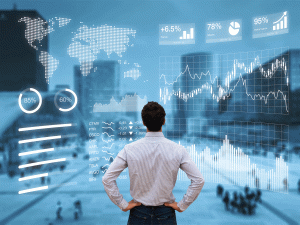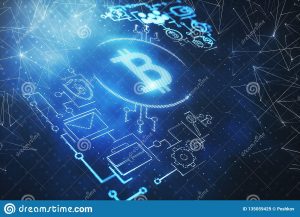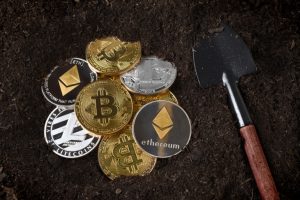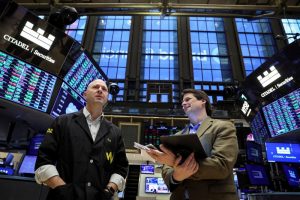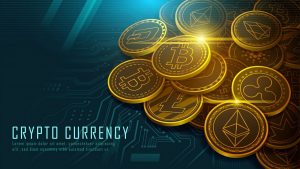
The world is on the verge of a digital revolution, with innovation transforming everything from the way we use appliances and gadgets to the way we conduct financial transactions.
Classes of Newly Invented Assets
All around the world, the digital economy is accelerating its growth. During the Covid-19 situation, the present digital economy is defined by the emergence of new asset classes and the digitization of established asset classes. Cryptocurrency, artificial intelligence (AI), the Internet of Things (IoT), and 3D printing are all driving this rise.
The emerging technologies include assets that have the potential to eventually dominate the global economy. For example, the blockchain is home to virtual money and tokens whose popularity has increased tremendously in a relatively short period of time.
Entering the Game with Major Players
The blockchain enables users to transact safely and much more quickly than they could using old methods. Numerous significant technological and financial companies, including IBM, Oracle, JP Morgan Chase, and Boeing, have been drawn to the blockchain’s features. Celsius Network CEO Alex Mashinsky, for example, stated that the company’s oversubscribed $750-million funding round was a “really excellent indication” of the company’s lending and yielding brand’s strength. Celsius Network has increased its $400 million Series B investment round from October to $750 million due to oversubscription in the firm’s capital raise.
Additionally, there are instances where businesses are integrating two novel technologies to create future-proof solutions. Following the financing, the company is now valued at $3.5 billion, and CEO Alex Mashinsky told Cointelegraph that he anticipates that amount to “double or triple” next year, putting it between $7 billion and $10.5 billion US dollar.
The Turning Point
People don’t have to use traditional assets, like money, to make their assets into tokens. They can also make other types of assets into tokens, like stocks and bonds. The new market can issue security tokens based on the inherent value of a wide variety of assets. The blockchain technology has the potential to serve as a differentiator between security tokens and traditional securities.
By utilizing smart contracts on the blockchain, the necessity for an intermediary is eliminated, hence lowering transaction costs. The blockchain’s usefulness has the potential to have a big impact on the traditional banking system. It may also not be necessary to use money as a medium of exchange, because all assets are easily available and can be split up at any time.
Automation and artificial intelligence have already made their mark in a lot of different industries. Algorithms have surpassed human traders in trading. Machines have taken over a large number of occupations previously handled by humans in the manufacturing industry.
A New Framework Is Necessary
There is no longer a good way to make decisions in this rapidly changing world. You can’t just use old models and methods. To stay pace with emerging technologies such as DAO, AI, VR, P2P, and M2M, it is critical that we create a new framework. In other words, we must go beyond Munger’s Mental Models and instead concentrate on digital models such as network theories and exponential growth models.
Our economy is undergoing a rapid digital transformation. We will have a better understanding of which advances will dominate this new web 3.0 economy as time passes, but it is evident that this economic transformation is occurring on a global scale.
Inclusion in the digital future
These trends show that new technologies have a lot of power to help us make the world a better place. Emerging economies are not merely utilizing technology to keep pace with more developed economies or to gain access to existing products and services. Rather than that, they are utilizing the digital world as a source of inspiration and innovation, as well as the raw material for their own distinct contributions to global advancement. Whether it is through the creation of practical, cheap solutions like as delivery drones or by the adoption of creative regulatory regimes that enhance privacy and data protection, emerging economies are adapting new technology to meet their unique requirements and objectives. Frequently, these concepts then spread internationally, inspiring companies and customers in other countries.
This abundance of intellect and ideas demonstrates why global cooperation is critical. Technological advancement is frequently portrayed as a race or competition in which the world’s most powerful countries and corporations compete for total dominance. However, in order to fully exploit the Fourth Industrial Revolution’s potential, all countries must collaborate. This became even more apparent during the COVID-19 epidemic, which demonstrated our worldwide society’s interconnectedness.
Every country has something to offer, and every country deserves to be represented at the table. Not only that, but wealthier countries can benefit from the experiences of those they perceive to be less developed. By pooling our combined intelligence, creativity, resources, and desires, we can create a truly affluent world for everybody.
